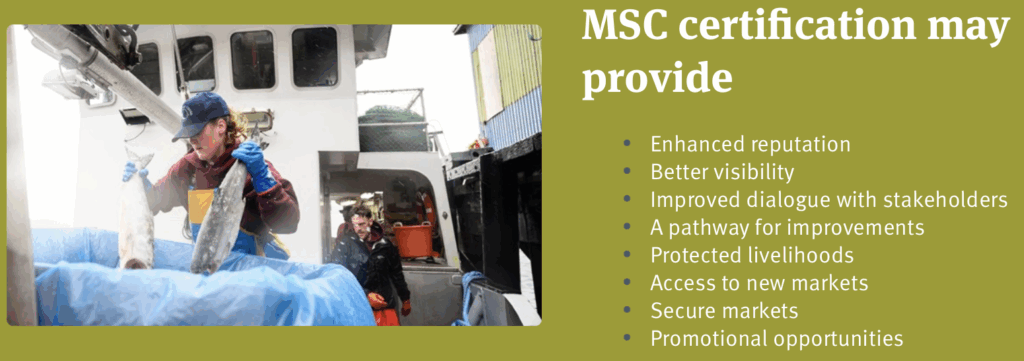
In an open letter, the Marine Stewardship Council (MSC) was recently accused of enabling labour rights violations in its certified fisheries.
The authors of the letter [1] are members of the Seafood Working Group (SWG), a global coalition of human rights, labour, and environmental organisations, including Global Labor Justice (GLJ), a Washington-based NGO. The letter criticises ’systematic exploitation and hazardous conditions‘ and calls for ‚urgent reform of MCS’s social policies and certification processes‘.
(mehr …)